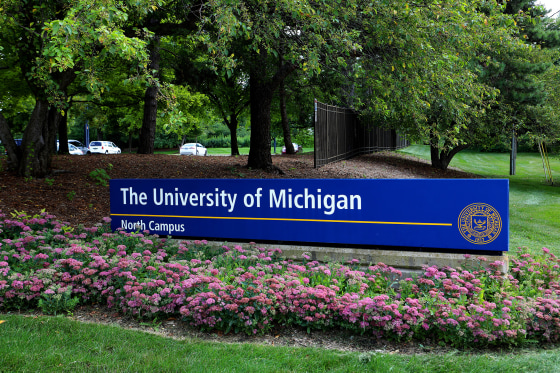U.S. authorities have arrested a Chinese doctoral student accused of illegally smuggling biological material into the United States, marking the second such case involving Chinese nationals in less than a week.
The FBI filed a criminal complaint against Chengxuan Han, a researcher from the Huazhong University of Science and Technology in Wuhan. Han, who planned to spend a year at the University of Michigan for a research project, was arrested on Sunday upon her arrival at Detroit Metropolitan Airport.
According to the complaint, Han allegedly concealed biological samples, including roundworm material, in multiple shipments from China to the United States, sometimes hiding the samples between the pages of a book. The shipments were addressed to staff members at a University of Michigan lab, though the university has not commented on the incident.
Federal officials say Han failed to declare the biological contents and gave false information when questioned by customs agents upon her arrival from Shanghai. Additionally, investigators allege Han wiped her electronic device just three days before entering the U.S., a move she claimed was intended to “start fresh.”
The biological material she allegedly smuggled requires a U.S. government permit due to potential biosecurity risks. The complaint does not state whether the material posed a confirmed threat, but experts say it underscores the importance of regulatory oversight.
Victor Galea, a professor of plant pathology at the University of Queensland, explained the potential danger of such material.
“These roundworms could be damaging to crops or the environment or they may be benign. But you can’t determine that unless this is thoroughly investigated,” he said.
Han remains in federal custody ahead of a bond hearing scheduled for Wednesday.
This arrest comes just days after two other Chinese nationals were charged in a separate smuggling case involving Fusarium graminearum, a toxic fungus associated with wheat blight. One of those individuals, a University of Michigan researcher, is in custody; the second was denied entry to the U.S. last year and remains at large.
In a statement following last week’s case, the University of Michigan said it was fully cooperating with federal authorities and condemned any actions “that seek to cause harm, threaten national security, or undermine the university’s critical public mission.”
The Chinese Embassy in Washington has not yet responded to inquiries regarding Han’s case. When questioned about the earlier arrests, a spokesperson for China’s Foreign Affairs Ministry said he was unaware of the situation but emphasized that Chinese citizens abroad are expected to follow local laws while also having their rights protected.
As investigations continue, federal authorities stress that strict controls and international agreements must govern the transfer of biological research materials across borders to prevent ecological or agricultural threats.



